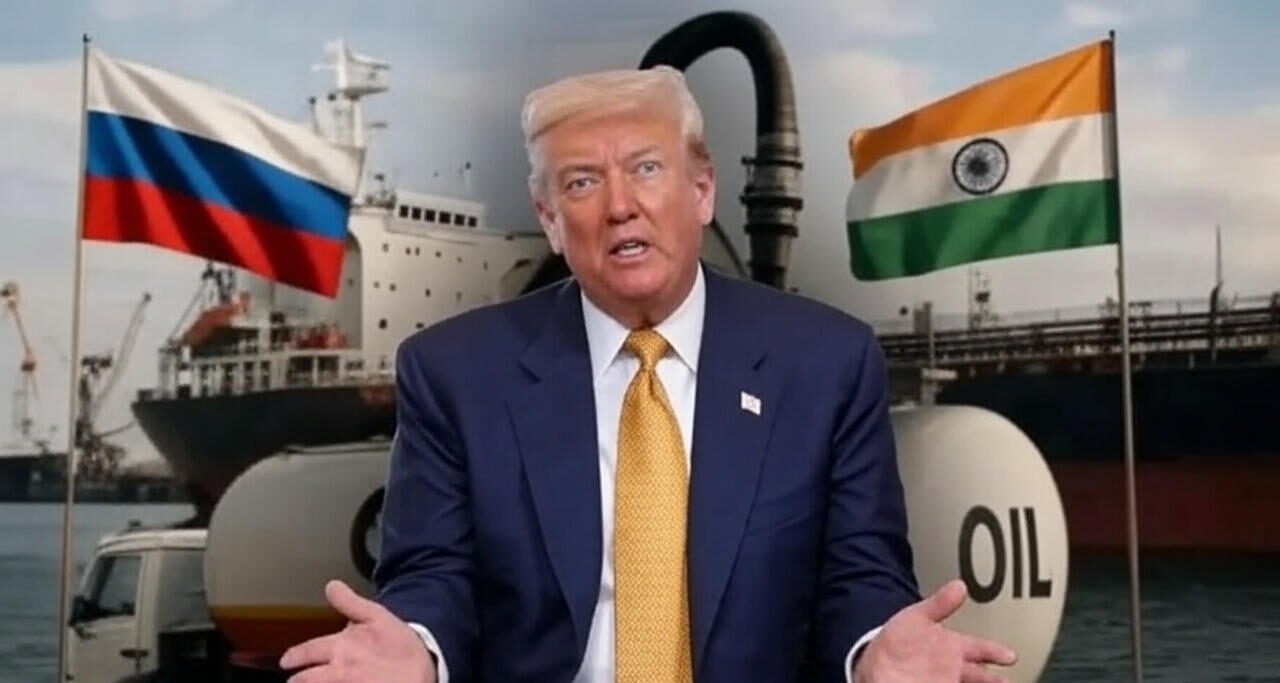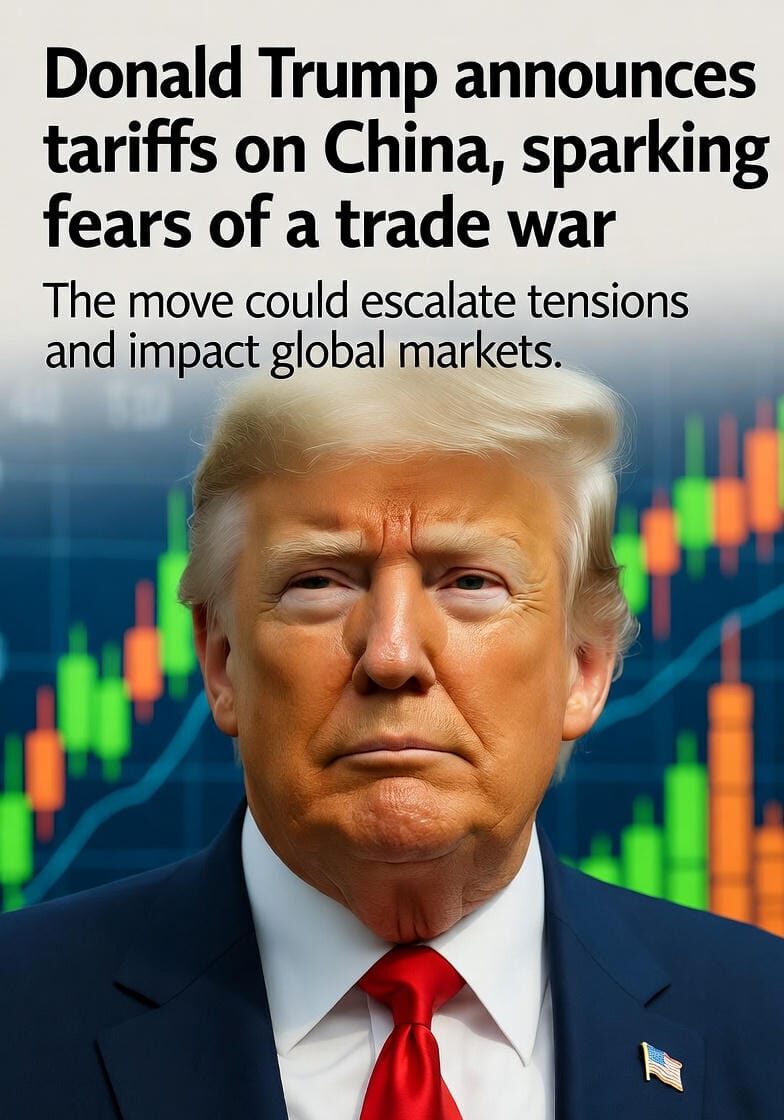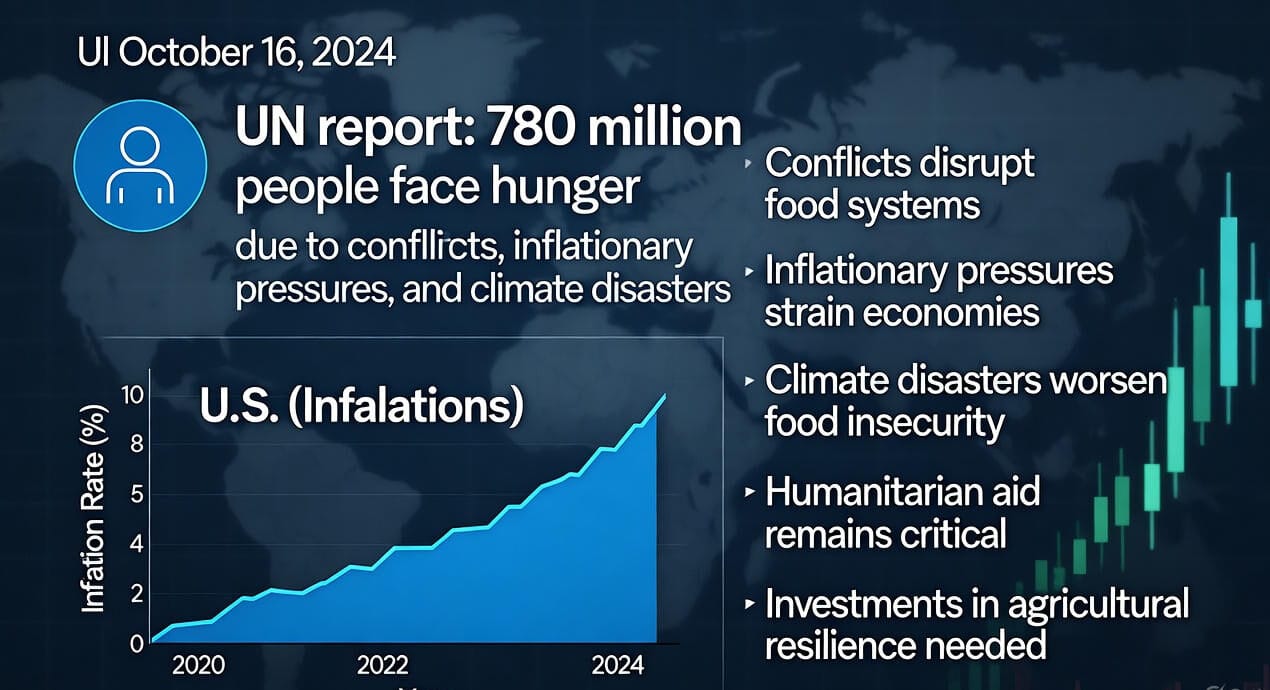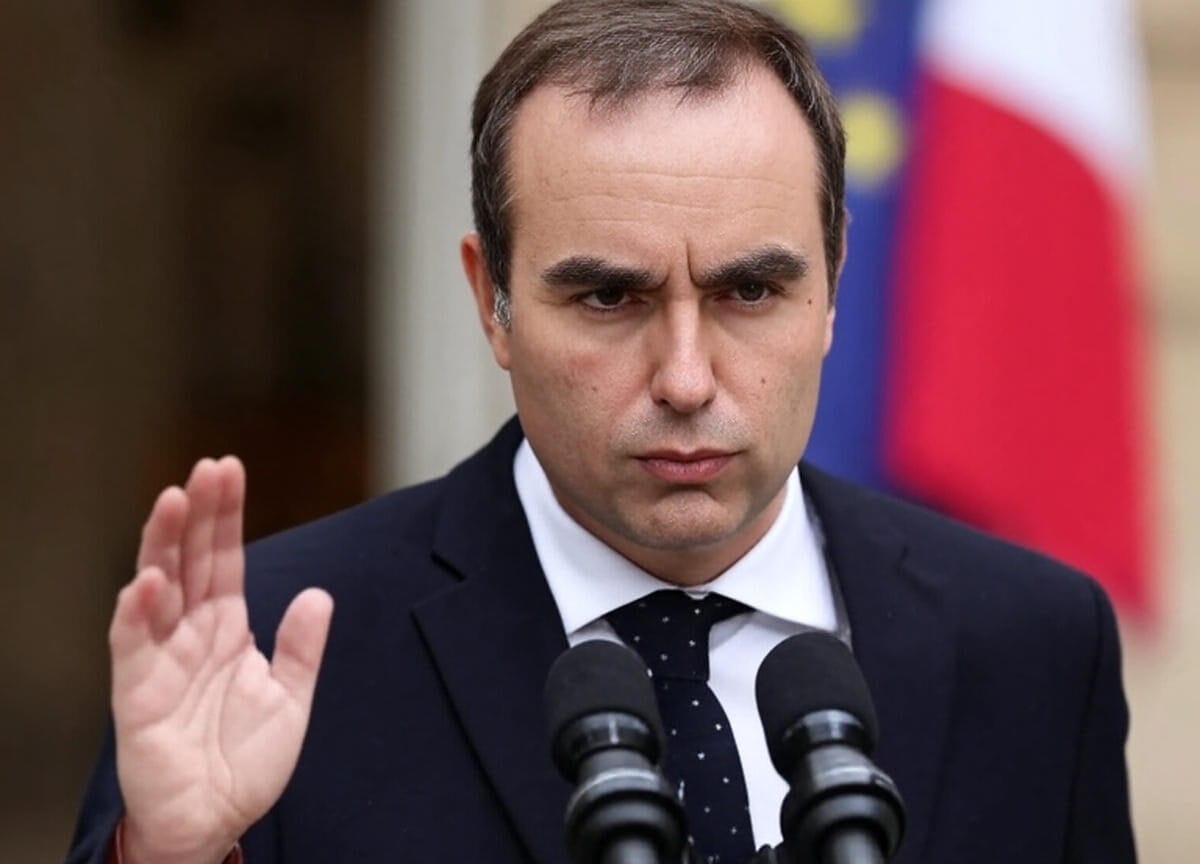
On October 6, 2025, France’s political landscape was rocked by the resignation of Prime Minister Sébastien Lecornu, just 18 hours after forming his cabinet. This unprecedented collapse, driven by irreconcilable political divisions, has intensified concerns about France’s ability to pass its critical 2026 austerity budget and maintain economic stability within the European Union. As President Emmanuel Macron navigates a fractured National Assembly, this crisis underscores deep-seated governance challenges, with far-reaching implications for France and the EU.
France Political Instability Deepens
Since the June 2024 snap elections, France’s hung parliament—split among centrists, the left-wing New Popular Front, and the far-right National Rally—has created a governance quagmire. Lecornu, appointed on September 9, 2025, after François Bayrou’s ousting, became France’s fifth prime minister in 21 months. Tasked with uniting a divided assembly, Lecornu faced an uphill battle to address France’s €3.346 trillion public debt (114% of GDP) and push through fiscal reforms.
Timeline of France’s Political Crisis
- June 2024 Elections: Macron’s snap polls result in a hung parliament.
- September 2025: Lecornu replaces Bayrou after budget-related no-confidence vote.
- October 5, 2025: Lecornu announces cabinet, retaining divisive figures like Bruno Le Maire.
- October 6, 2025: Resignation after 18 hours, citing partisan gridlock.
Why Did Lecornu Resign So Quickly?
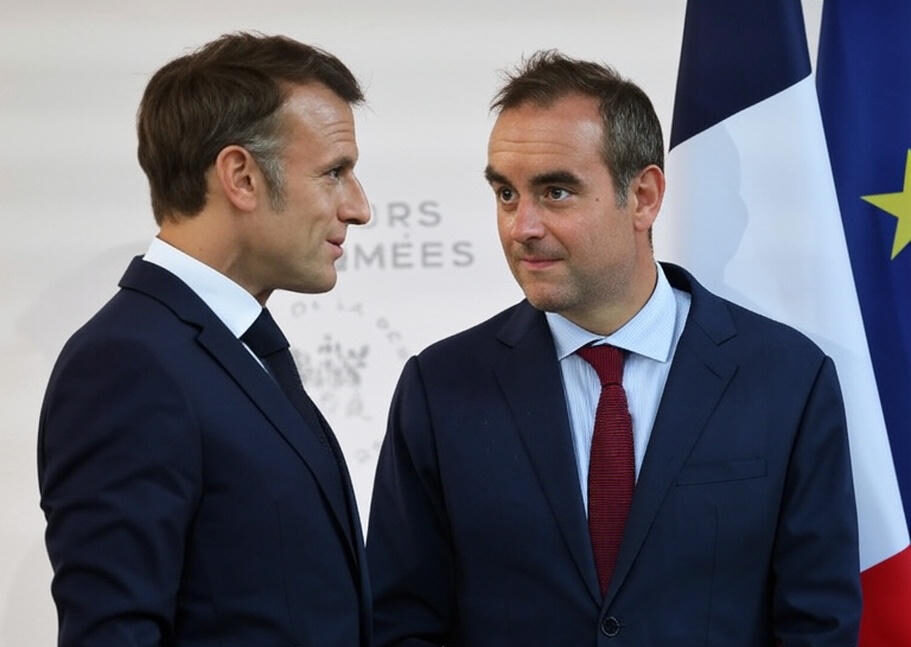
Lecornu’s tenure, lasting a mere 836 minutes, set a record for France’s shortest-serving prime minister. His resignation followed immediate backlash to his cabinet, which critics across the spectrum labeled a continuation of Macron’s unpopular policies. In his exit speech, Lecornu criticized opposition parties for prioritizing “partisan appetites” over national interest, highlighting the impossibility of coalition-building in a polarized assembly.
Political Reactions to the Resignation
- Left-Wing Response: La France Insoumise’s Mathilde Panot demanded Macron’s resignation, tweeting, “The countdown has begun.”
- Far-Right Push: National Rally leaders called for snap elections to capitalize on public discontent.
- Centrist Frustration: Allies urged compromise to avoid further instability.
Macron accepted the resignation but tasked Lecornu with a 48-hour caretaker role to negotiate a stability platform by October 8 evening. Failure could force Macron to consider drastic measures, though he remains committed to his 2027 mandate.
Economic Fallout: France’s Budget in Jeopardy
The resignation jeopardizes France’s legislative agenda, particularly the 2026 budget, which aims to curb deficits under EU fiscal rules. Without a stable government, passage by December 2025 is unlikely, risking automatic spending cuts or a government shutdown. Markets reacted swiftly, with the CAC 40 index dropping 2.3% and French bond yields rising, signaling investor unease.
Economic Impacts at a Glance
- Public Debt Crisis: €3.346 trillion debt (114% of GDP) demands urgent fiscal action.
- Market Instability: Euro weakens as investors brace for prolonged uncertainty.
- EU Compliance: Brussels threatens penalties if France exceeds 3% deficit limit
EU-Wide Implications of France’s Crisis
As a cornerstone of the EU, France’s instability threatens broader European initiatives, including defense coordination and climate goals under the NextGenerationEU framework. A weakened Macron risks emboldening Euroskeptic leaders in Italy and Hungary, with Italy’s Giorgia Meloni highlighting France’s “chaos” as a contrast to her stable governance. EU policymakers worry that delayed French reforms could stall collective progress, particularly in energy and migration policies.
What’s Next for France’s Government?
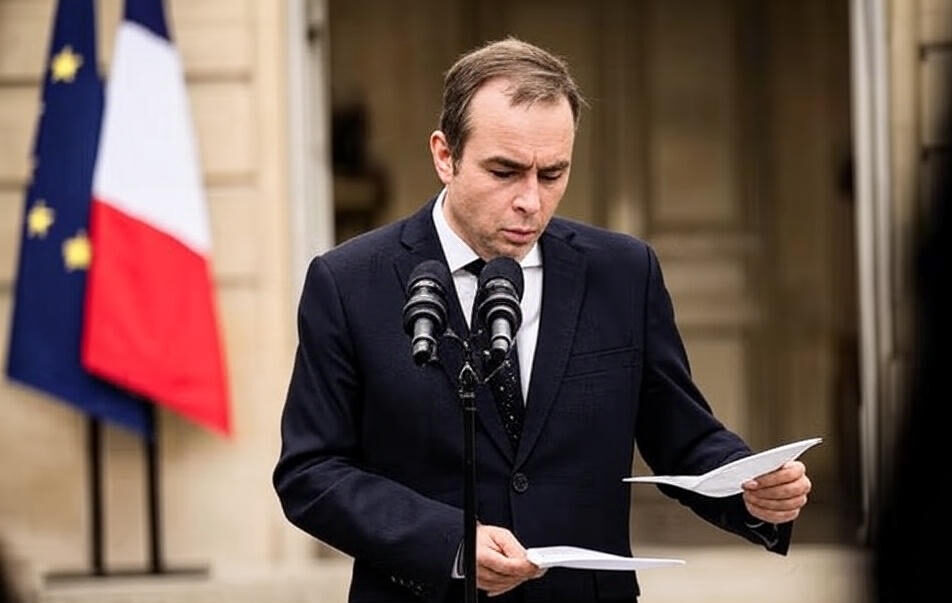
Macron faces limited options: appoint another prime minister, dissolve parliament for new elections (risking far-right gains), or push for constitutional reforms to address systemic gridlock. Analysts argue France’s semi-presidential system struggles with fragmented parliaments, fueling calls for a coalition-friendly framework.
Potential Scenarios for Resolution
- Coalition Breakthrough: Lecornu’s talks secure a cross-party agreement by October 8.
- Snap Elections: Macron risks polls that could strengthen National Rally.
- Systemic Reform: Long-term changes to France’s governance model gain traction.
Why This Matters for Global Audiences
France’s political crisis extends beyond its borders, impacting global investors, EU partners, and policymakers. Businesses eyeing French markets should monitor developments closely, as prolonged uncertainty could delay infrastructure projects and raise unemployment. For EU citizens, France’s ability to lead on climate and defense initiatives hangs in the balance.
Conclusion: A Nation at a Crossroads
France’s record-fast governmental collapse highlights the fragility of its political system amid rising debt and polarization. As Macron seeks a path forward, the stakes are high for both domestic stability and Europe’s cohesion. Whether this crisis sparks reform or deeper division, the world watches closely.

